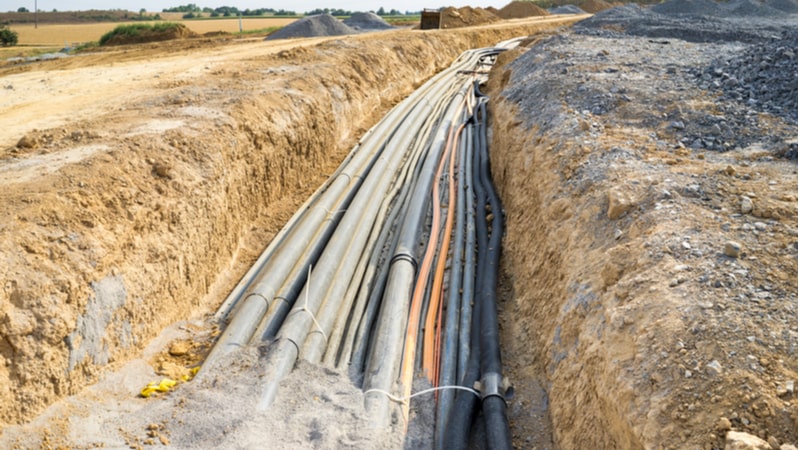
While the announced framework for the bipartisan infrastructure plan agreed to last month includes $65 billion for broadband infrastructure deployment, Republican senators on the Commerce, Science, and Transportation Committee are urging House Majority Leader Chuck Schumer, D-N.Y., and other negotiators to pull the broadband portion of legislation from the compromise agreement, and instead try to get it approved as a separate piece of legislation under normal rules.
That development in the long-running saga of the compromise bill is according to a July 21 letter to Sen. Schumer from eight Republicans on the committee led by Sen. Roger Wicker, R-Miss., who argued that legislation for any broadband upgrades should come through the committee of expertise.
“While we appreciate the ongoing efforts by our colleagues to expand broadband access, advancing broadband legislative proposals through the committee of jurisdiction, with subject matter expertise, is critical to ensuring that resources are appropriately targeted to communities in need, and any new broadband programs are implemented with the proper oversight and avoid wasting taxpayer dollars,” they wrote.

The proposed broadband carve-out would represent a major departure from current plans of action on the compromise infrastructure bill. Sen. Schumer lined up a cloture vote on a placeholder bill for on July 21, but the vote failed 49-51 with no Republican support for the bill and the language incomplete. Sen. Schumer changed his vote to nay once it was clear the vote would fail. This move will allow him to call for another vote when the language is complete.
There is currently no signal that the bipartisan negotiators plan on excluding broadband from the bill. However, if they do, the Commerce, Science, and Transportation Committee has advanced a number of broadband-related bills this Congress and would have no shortage of paths to choose from.
Among the broadband-related bills the committee has considered this year are the Digital Equity Act, the Rural Broadband Financing Flexibility Act, the Rural Connectivity Advancement Act, and the Broadband Reform and Investment to Drive Growth in the Economy Act, among others that have come through the committee.
A bill from committee member Sen. Amy Klobuchar, D-Minn., would likely be the most ambitious broadband-related bill to come through the committee. The Accessible, Affordable Internet for All Act comes with a $94 billion price tag, $80 billion of which would be used to expand broadband to underserved areas and require internet service providers who use the funds to provide an affordable plan. The bill has companion legislation already introduced in the House by Majority Whip Rep. James Clyburn, D-S.C.
“We recognize the importance of expanding high-speed and reliable internet access to all Americans and closing the digital divide. We also support allocating necessary resources to expert federal agencies to achieve that objective,” the senators wrote.
“Yet, we fear that rushed legislative efforts that bypass the committee’s deliberative process and technical analysis will ultimately repeat the failures of past broadband programs. These failures included rampant overbuilding, duplication of existing private and public sector investments, unfinished projects, and millions of unconnected Americans.”
The stimulus bill that passed as part of the 2021 omnibus spending bill included $7 billion for broadband infrastructure, and the American Rescue Plan passed in March included another $7.6 billion for an Emergency Connectivity Fund.
